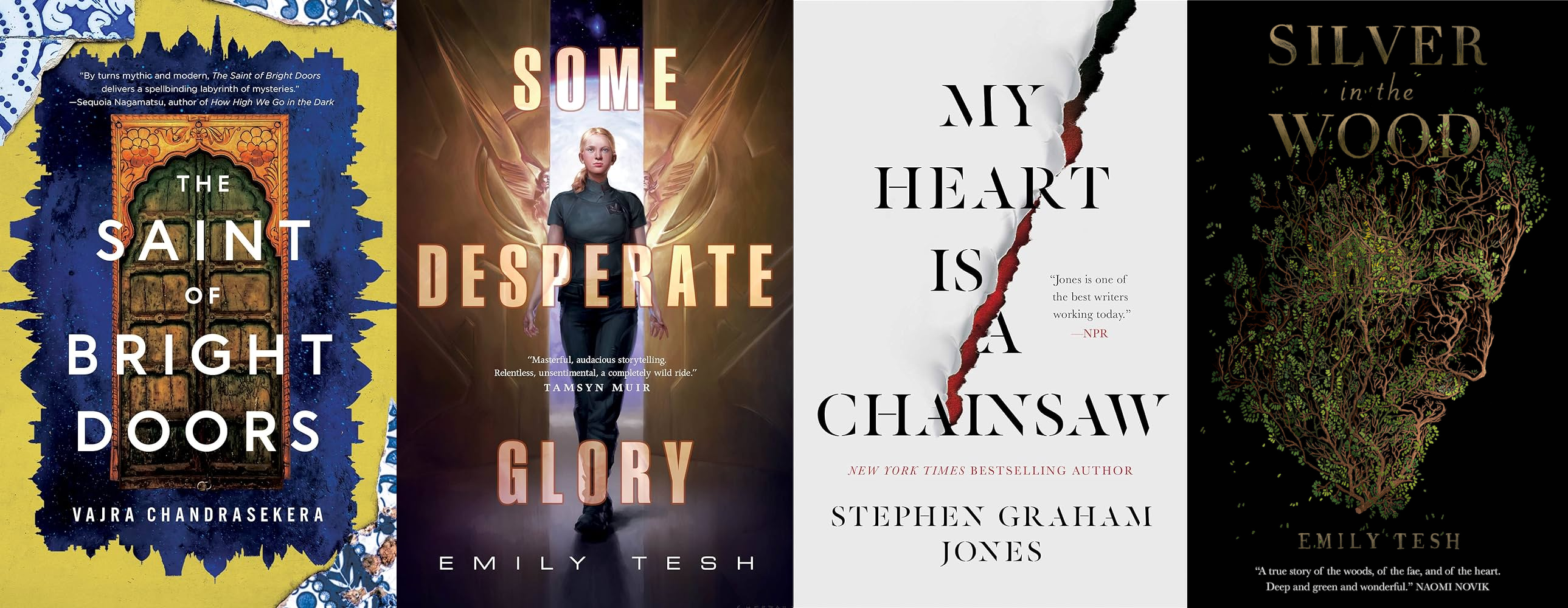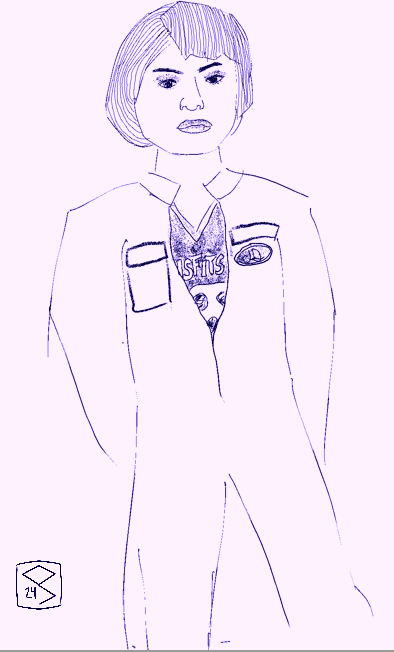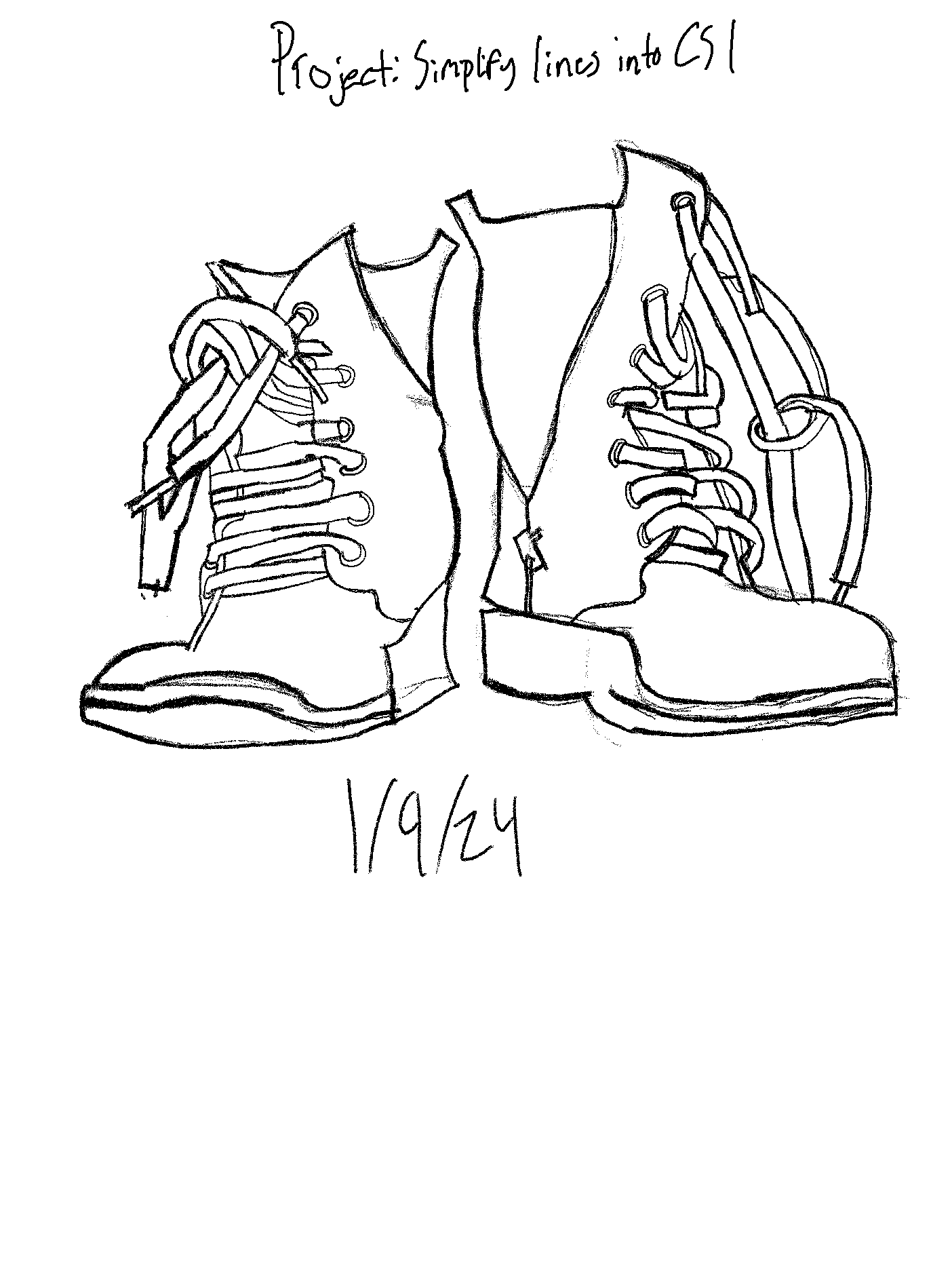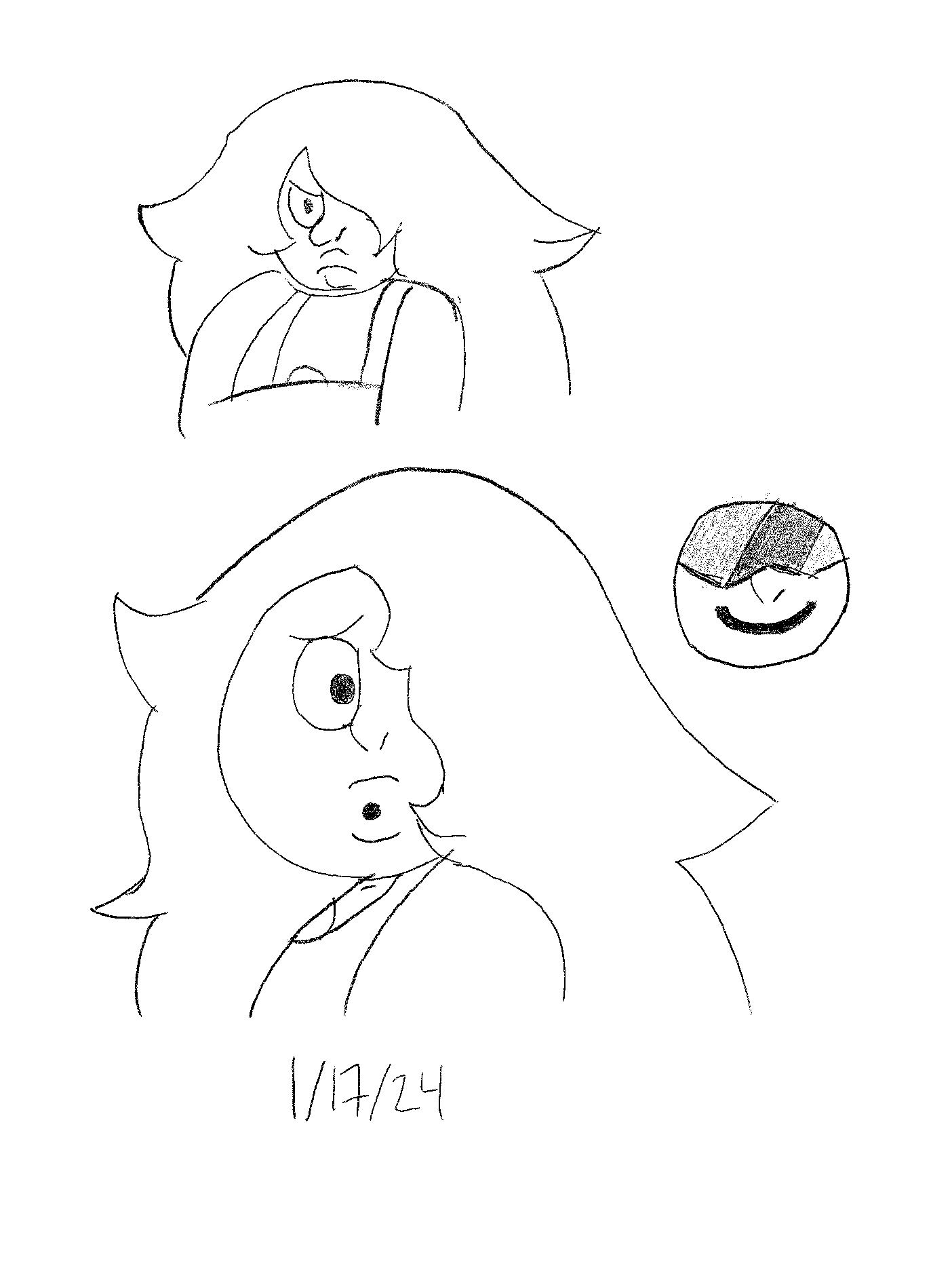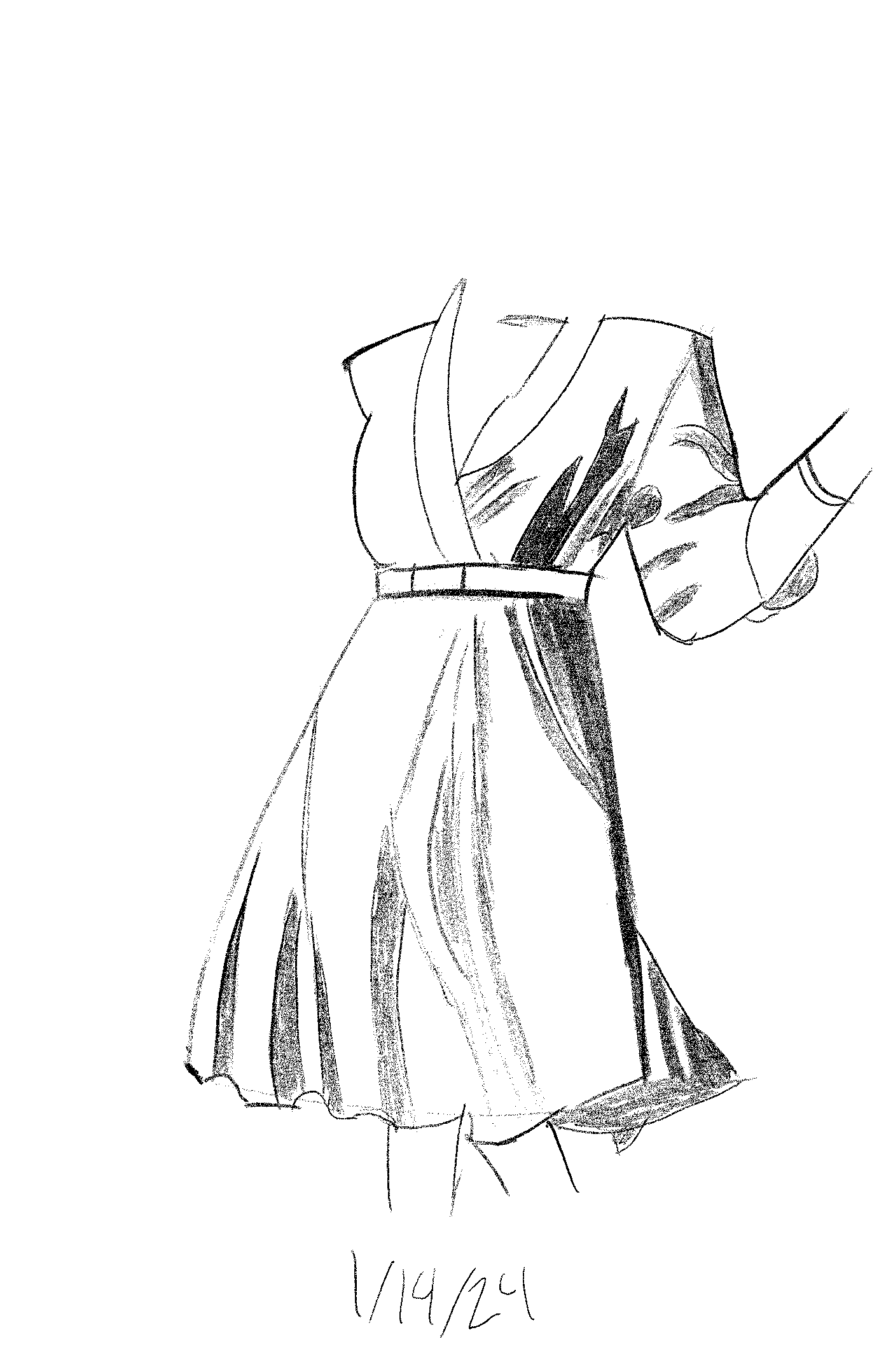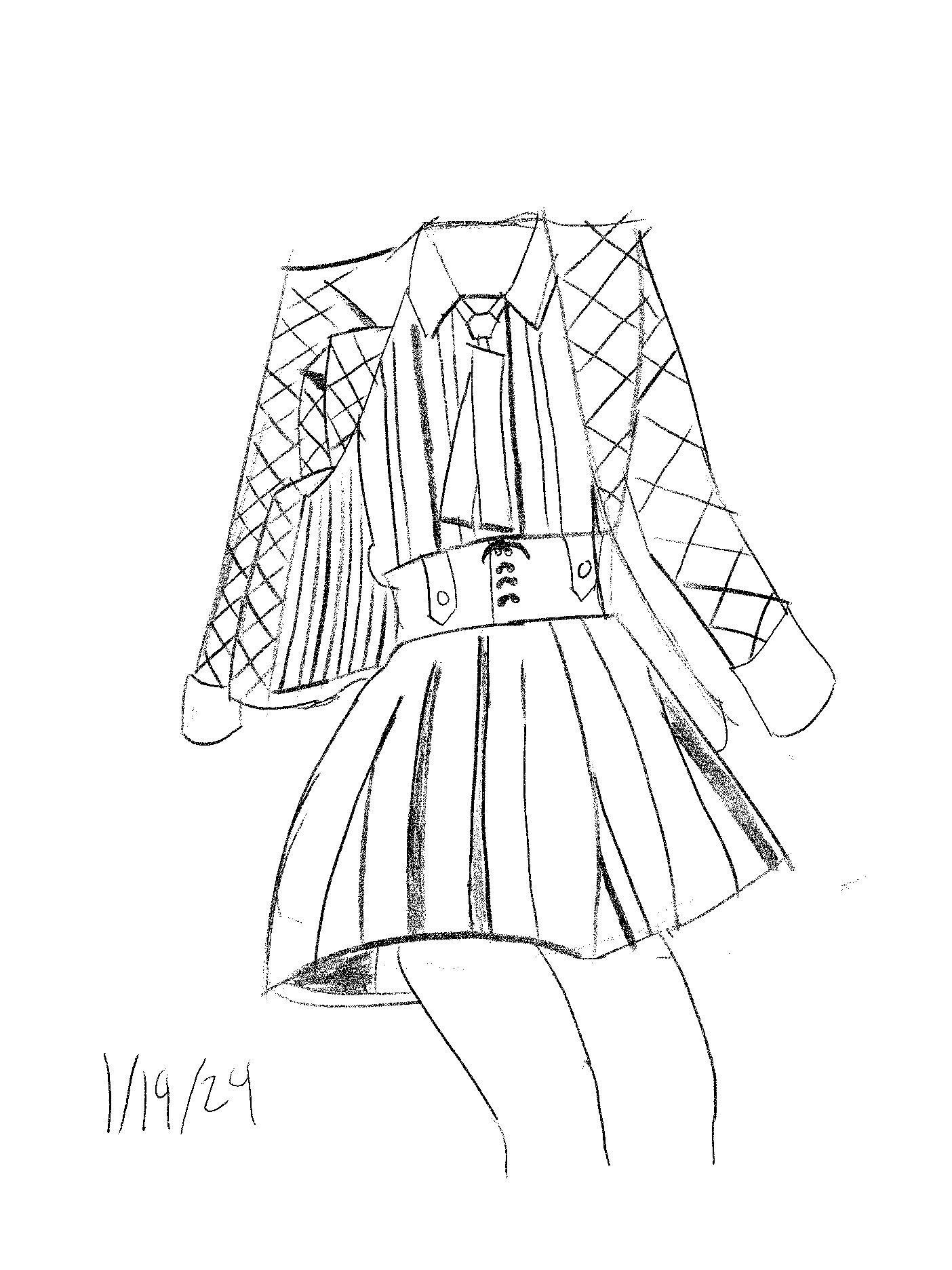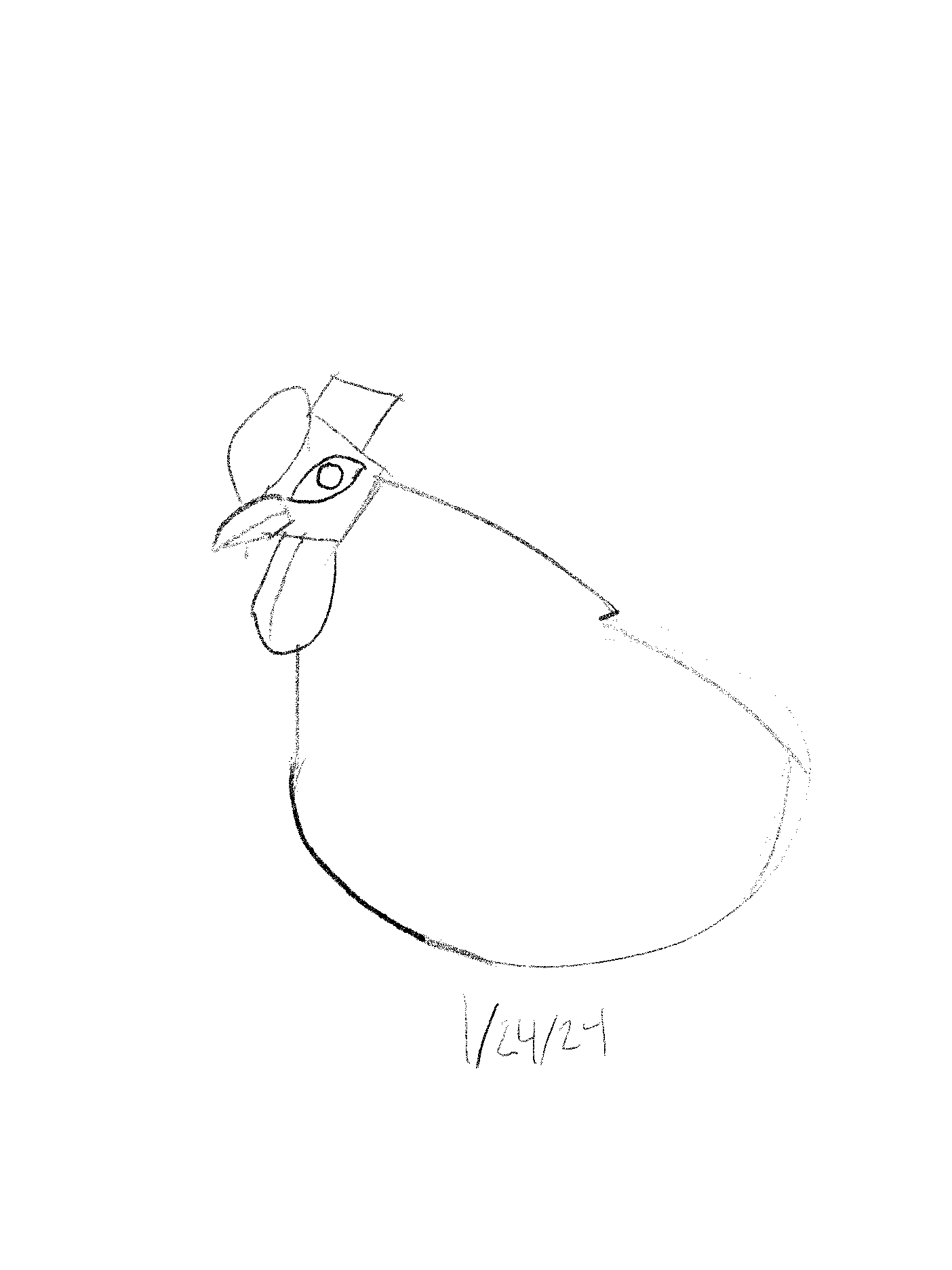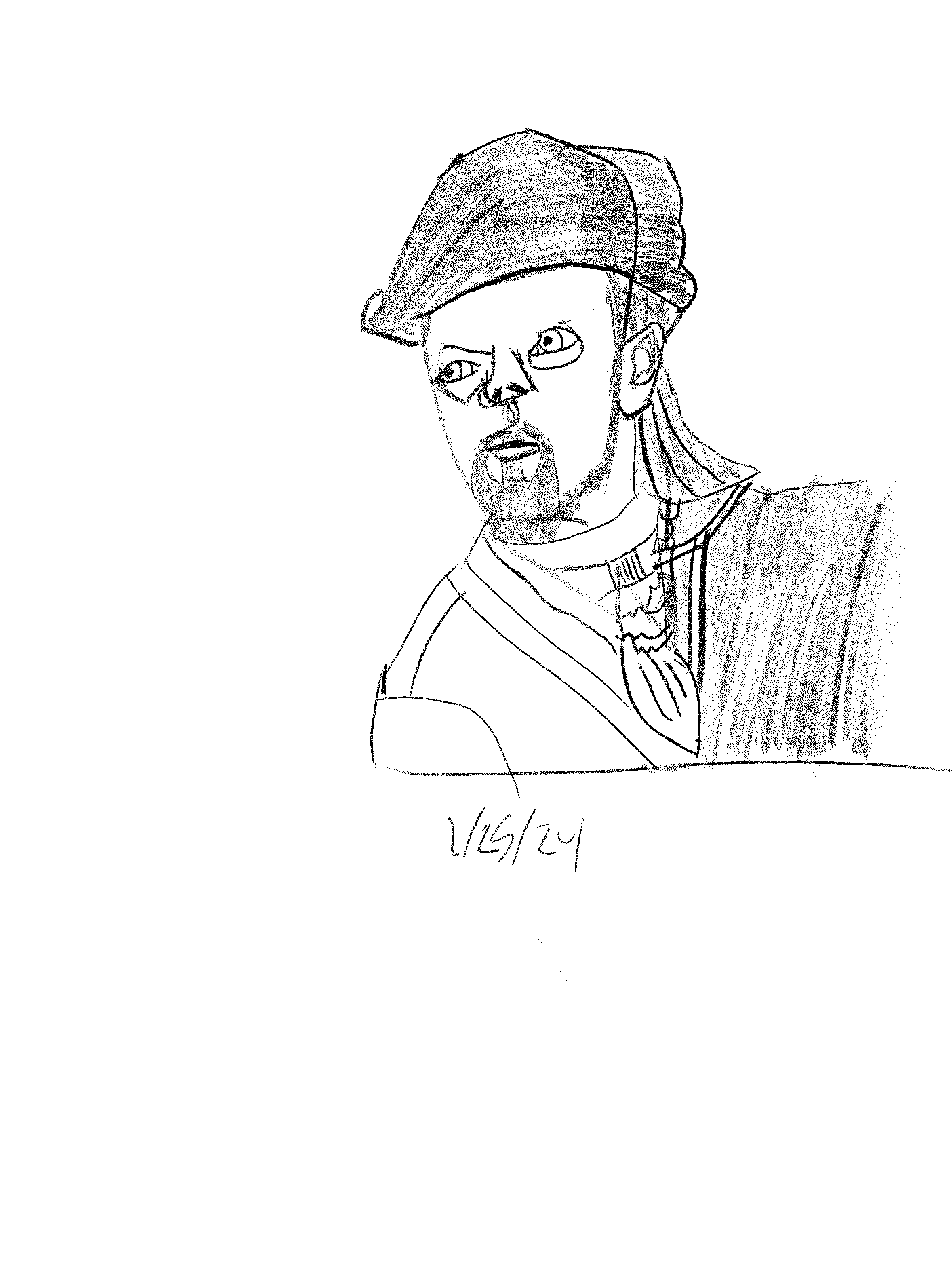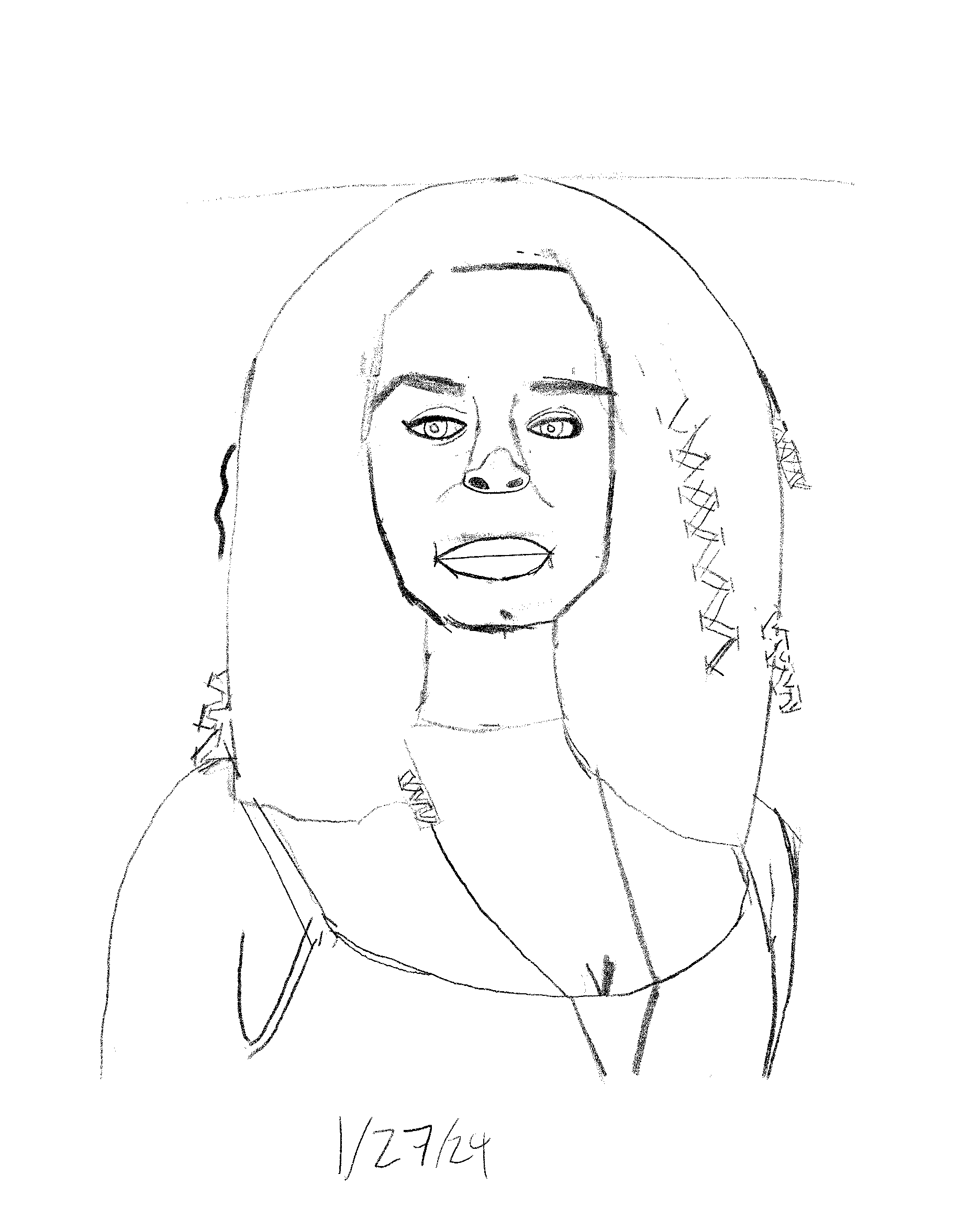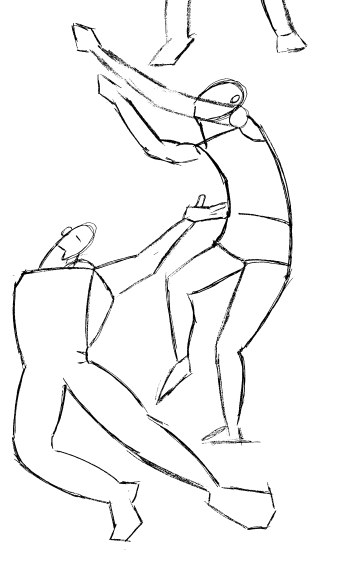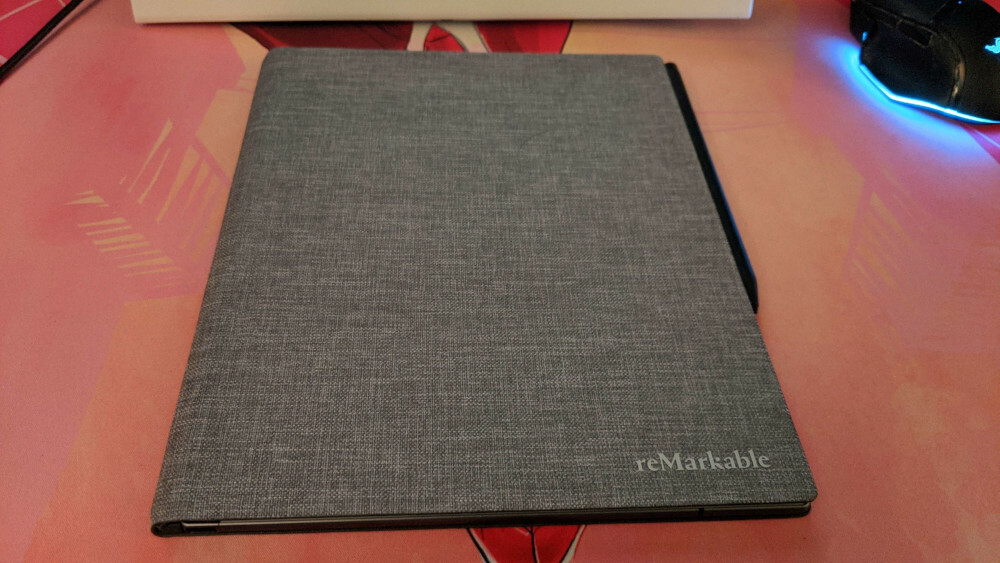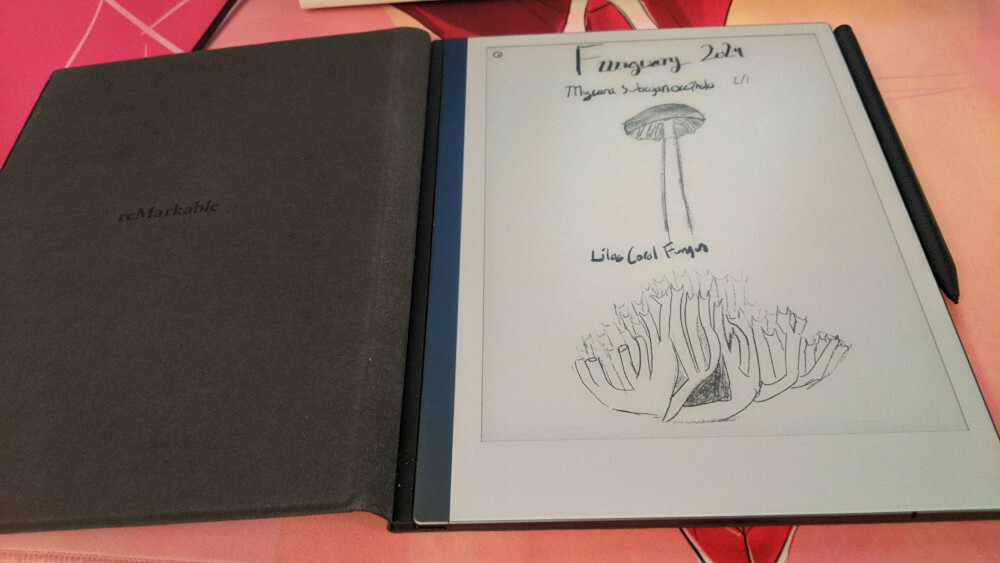506 Days of Art
I started with drawing fundamentals January 7th, 2024 from a generously gifted course and it set off a series of chain reactions in my brain. It's difficult to express the full and complete changes my thinking has undergone with this new set of lenses, but I do feel different and that's significant.
I remember the first moments where I realized I'd made good, recognizable images and the joy I felt. Proko's course is designed around this outcome to build confidence, of course, but nevertheless it's very effective. I'd spent decades flirting with the idea of becoming an artist, trying to draw and getting discouraged and then finally holding an image that I made that looked how I wanted was revolutionary and it made me ravenous.
I followed the course until I ran out of lessons. They were adding more weekly, but it wasn't fast enough for me and so I took another generously gifted course on shading from another source and once I grasped the fundamentals I practiced it and added it to my other practice until my brain started to long for color.
I started digital painting, which seemed like the best way not to overwhelm myself with decision (and was gifted a spare tablet). I loved painting and it gave me a feeling of such intense pleasure that I knew I would get absorbed if I let myself. And, though I DID want to let myself I recognized that there were a lot of places where I felt hesitant and all of that came down to weaknesses in my understanding and I knew I'd remedy it if I went back to focusing on drawing.
At a certain point, an art supply blind box gift led me to starting physical media and though it intimidated me at first, I quickly realized it was just fun and playful in a way I hadn't experienced with digital media. Something about pencil and pen and marker moving on paper made me understand what the digital spaces were trying to emulate and that elevated my digital work once more. I experimented in watercolor, gouache, and just this month I tried oil for the first time but we'll get there.
I began to work through more and more ideas of what I thought were interesting. I drew from reference photos, from manga and anime, from anything I watched, from games I played. Every image that I thought was interesting, I went and tried to recreate it and insodoing I began to understand what I thought was most fascinating to depict.
My interests are largely expressive! I have very little interest in realism except that learning it improves my art. I love value, probably from my time in photography, and I have adored learning the ways to depict light and shadow and the ways they describe forms. I love people, not static images like portraits (though they are fun), but rather illustrations of them in action, in movement, capturing gesture and expression, capturing life. I love color! I love the ways that colors play off of each other, I love learning what strong effects look like, I love what limited palettes and value scales can do to images. I love thinking about image compositions! I'm not at the point where I'm making many of my own compositions of large pieces, but I do think that the logic of it is fascinating.
Every time in my studies where I've encountered something I didn't know, I've gone on to figure out more of it. And not because I am unhappy! I love my art. I love the things I make and the ways that I make them. They're frequently not professional level and that's okay! I'm not a professional! I feel like an intermediate artist now with the ways I think about it all and every conversation I have with my partner, who has made sure this was as easy as possible for me at every step of the way, strengthens my feelings about art and my understanding of it.
This year has been harder for me. I feel like I've hit the edge of a lot of where courses can take me in terms of big, fundamental stakes, learning gesture, learning to measure angles, perspective. There's no longer a lot of things I haven't encountered yet in terms of broad umbrella concepts, just the refinement of those things and their use in concert. This has led to a lot of my progress feeling stunted for the first bit of the year.
But then I found something that vexed me, an inability to rotate a person in space, which the youtube video I was watching took no issue with and continued on quickly as a matter of course. This led to me taking a head and body construction course and then what amounted to a hellish month of head constructions (which involve a lot of 3D boxes until you can understand the underlying shapes of things), but afterwards I feel so much stronger in drawing consistent people and that's so much fun!
I tried oil painting a couple of weeks ago and I truly forgot that I hate the feeling of oil in general. Cooking oil, any kind of grease? Awful textures that I get away from as much as possible. Unfortunately, oil felt much the same and despite its clay-like blending, something I really enjoyed, the feeling of my brush on the paper, the feeling of CLEANING DOWN after? Miserable.
BUT It made me miss watercolor and now I'm in a watercolor course enjoying the hell out of painting once more and I just had to think about how I got here. If, at any moment, I had stopped learning I think I'd have been really unhappy with the places I'd have gotten stuck on. Instead, focusing on an ever-broadening and even pursuit of the skills that all work to benefit one another, I've become a fairly well rounded artist and right now I'm taking three courses that will only continue to make me a better one. I simply and truly have been having a blast.











